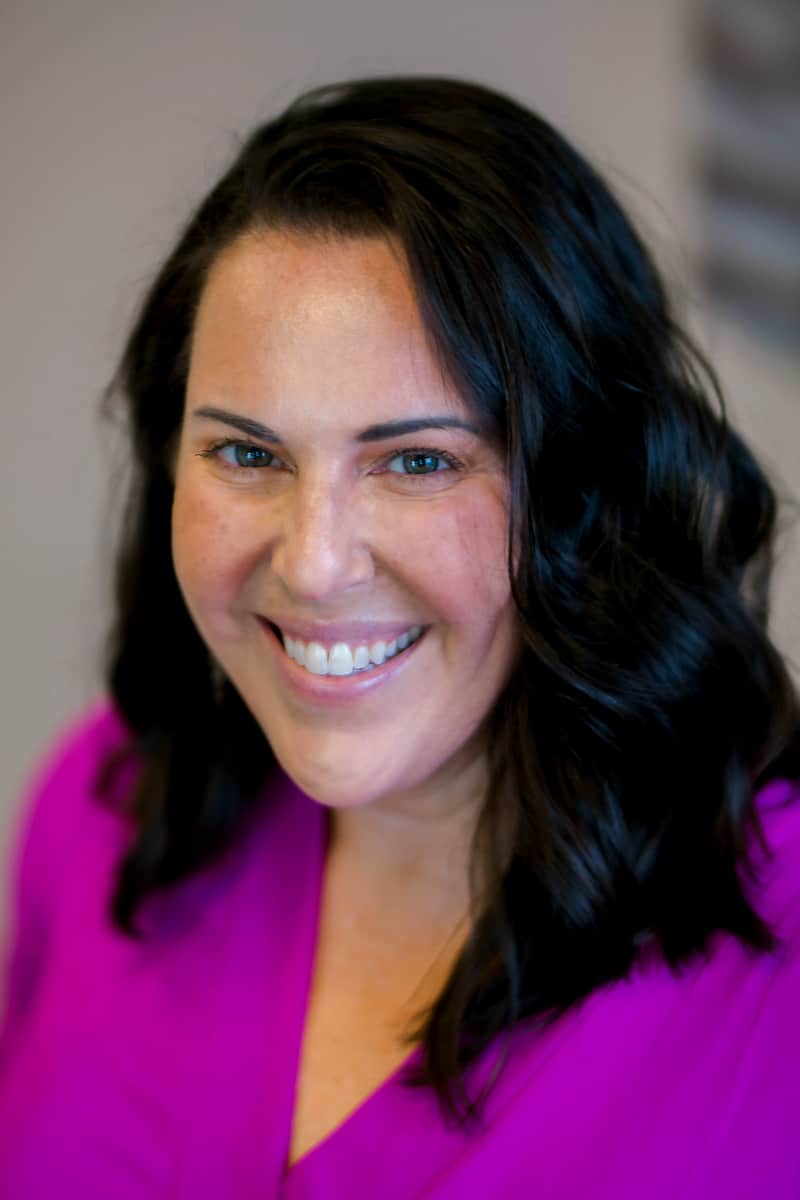Change is inevitable, but that doesn’t make it easy.
Whether it’s a shift in career, a new relationship, the end of one, a move to a new city, or the transition into parenthood—life has a way of throwing curveballs when we least expect them. For many clients at J Lewis Therapy, these life transitions can trigger emotional overwhelm, anxiety, or old patterns resurfacing.
The good news? Change doesn’t have to derail your sense of self or emotional well-being. With the right tools and support, you can navigate change with greater confidence and maintain a healthy sense of balance in your daily life.
Let’s explore how.

Why Change Feels So Disruptive
Even when it’s good change, like landing a new job or starting a relationship, your nervous system still reads it as a threat. That’s because humans are wired for predictability—our brains rely on routines and expectations to feel safe.
When life deviates from our “normal,” even temporarily, we might experience:
- Difficulty sleeping
- Increased irritability or anxiety
- Emotional exhaustion
- A return to coping mechanisms like overeating or isolating
These responses aren’t failures—they’re signals. They’re your mind and body saying, “This is unfamiliar. I’m trying to make sense of it.” Awareness is the first step toward managing them.
Strategy #1: Acknowledge That Change Brings Grief (Yes, Even the Good Kind)
Grief doesn’t just show up after a loss—it also arises when you leave behind something familiar.
Even positive changes can carry grief. Maybe you got promoted, but now miss the camaraderie of your old team. Or perhaps you became a parent and love your child deeply—but still long for the freedom you once had.
Allowing yourself to grieve what’s no longer there doesn’t mean you’re ungrateful. It means you’re honoring your full emotional experience.
Therapist Tip: Journaling or talking to a therapist about the both/and nature of your emotions—”I’m excited and scared” or “I’m proud and grieving”—can reduce inner tension and help you move forward with clarity.

Strategy #2: Rebuild Routines That Serve You
One of the first things change disrupts? Your routine.
And that can be especially destabilizing for anyone managing anxiety, ADHD, depression, or disordered eating—conditions many J Lewis Therapy clients are working through.
Creating new rituals and rhythms can reintroduce a sense of safety. You don’t need to overhaul your life overnight. Start small:
- A 10-minute walk after lunch
- A consistent bedtime and wake-up time
- Scheduling regular therapy sessions, even if things feel “fine” right now
These micro-habits can anchor your day and help your body know what to expect next.
Therapist Tip: Pair new habits with something you already do. For example, stretch for five minutes while your coffee brews, or listen to calming music during your evening skincare routine.
Strategy #3: Limit Overwhelm By Practicing “Just One Thing”
Change often makes everything feel urgent. But multitasking through life transitions only increases overwhelm.
Instead, practice the “just one thing” strategy. Ask yourself: What’s one thing I can do right now that would support me?
That might mean:
- Answering one email instead of ten
- Cooking one nourishing meal instead of planning a week’s menu
- Making one call to set up a support appointment
Focusing on a single step creates forward momentum without triggering burnout.

Strategy #4: Reconnect to Your Support System
During change, it’s common to pull inward or think you need to “figure it out” on your own. But this is when support matters most.
Call a friend who listens without judgment. Text someone who makes you laugh. Let your therapist know you’re struggling to adjust. Community—even if it’s just one person—reminds you that you’re not alone in the messy middle of a transition.
And if you don’t currently have a strong support system, that’s something therapy can help you build.
Strategy #5: Redefine What Balance Looks Like—For Now
It’s tempting to chase a return to “normal,” but what if your new balance looks different than before?
Balance doesn’t mean doing everything perfectly or even equally—it means meeting your needs in a way that’s sustainable.
In a season of change, this might mean:
- Saying no more often
- Sleeping more and socializing less
- Eating what’s easy and comforting, not perfectly planned meals
- Shifting your movement goals from performance to joy or stress relief
Let your version of balance be flexible. Rigid expectations often lead to shame; flexibility creates room for growth.
Strategy #6: Accept That Discomfort Is Part of the Process
There’s no shortcut through the discomfort of change—but there is growth on the other side.
The goal isn’t to avoid pain or pretend everything’s fine. It’s to recognize that feeling unsteady is part of becoming someone new. And you don’t have to do it alone.
Working with a therapist can help you unpack what’s coming up, especially if old wounds or unhelpful coping strategies resurface during change. Therapy is a space to reconnect with your strengths and learn new tools for resilience.

Managing Change at Your Own Pace
If you’re in the middle of a transition right now—personal, professional, relational—know this:
You are allowed to feel lost. You are allowed to move slowly. And you are allowed to ask for help.
At J Lewis Therapy, our team of compassionate therapists is here to walk with you through life’s big changes. Whether you’re navigating anxiety, healing from past trauma, or simply seeking steadier ground, we’re here to support you every step of the way.
Call us today at 347-718-2681 or reach out online to get started.
FAQs About Managing Change and Balance
Why do I feel anxious during life transitions—even good ones?
Change signals unpredictability, which activates your brain’s stress response. Even joyful changes can feel scary because they disrupt your routine and challenge your identity.
How can therapy help me manage life changes?
Therapists help you process the emotions that come with change, identify unhelpful patterns, and develop new strategies to restore a sense of balance in your life.
What if I don’t know what I need right now?
That’s okay. Therapy isn’t about having all the answers—it’s about exploring your questions in a safe, supportive space.

Jill Lewis MA, LCSW, CGP, and current fellow of the American Group Psychotherapy Association. Jill brings all parts of herself to her practice. She’s authentic, genuine, attentive, attuned, and works to be perceptive in every interaction with her clients. She challenges and gently encourages her clients who are struggling but also willing to put the work in for a brighter future.
Join Our Mailing List
Maybe you don't need counseling right now, but how about getting tips from a professional every now and then?
Telehealth is Available!
Do not emotionally distance while you are physically distance, J Lewis Therapy is here to help.





